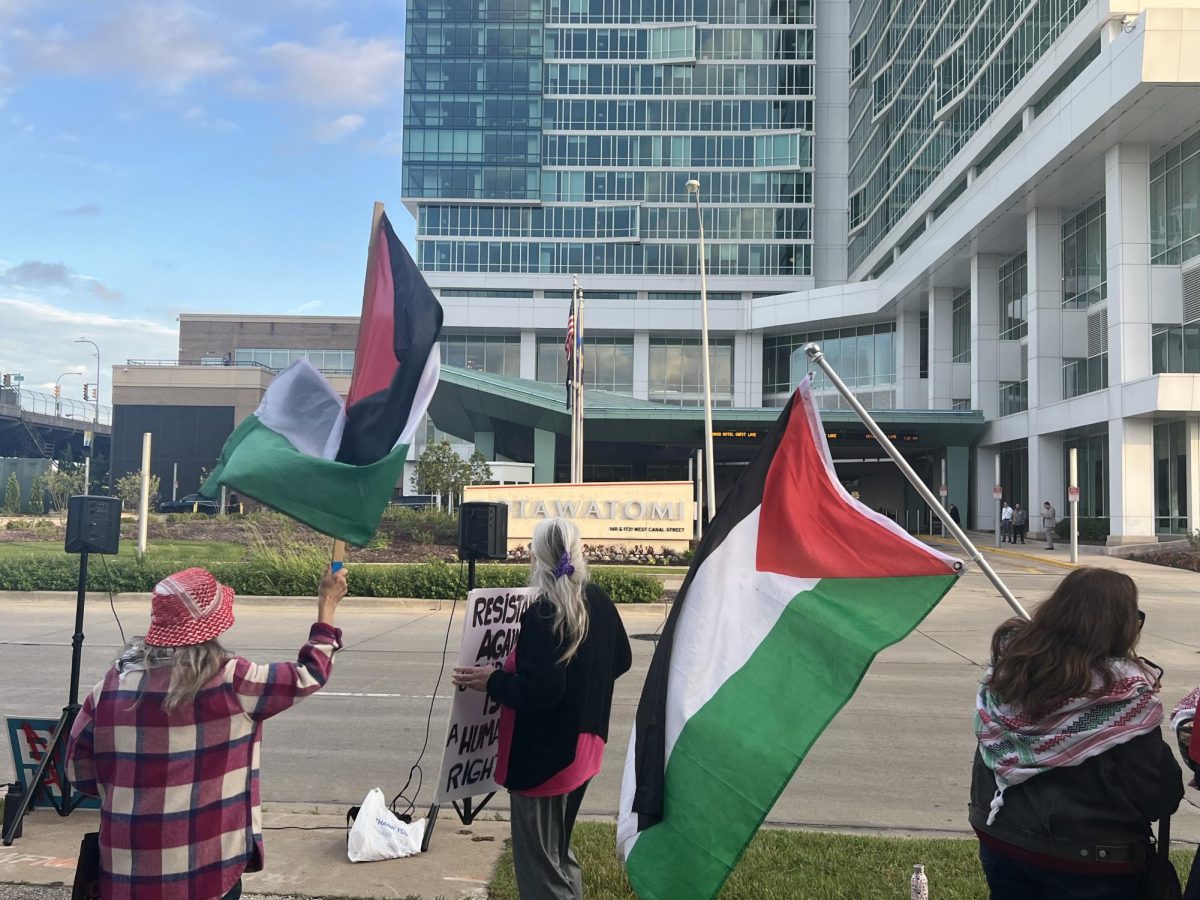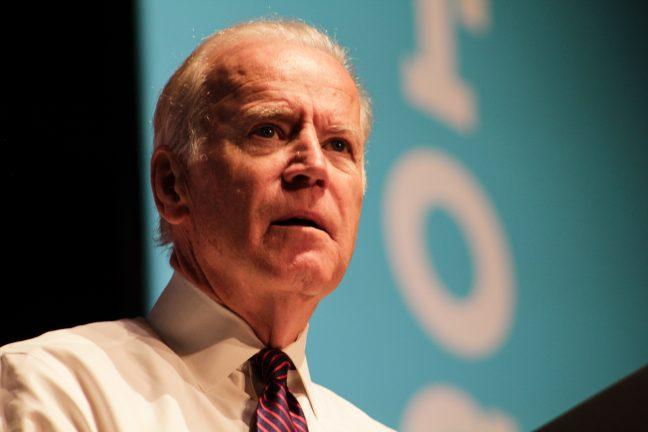Despite the fact that the two major presidential candidates both say they have the best hand for higher-education policies, some attack Bush and Kerry for keeping their cards hidden on the issue.
Although some students plan to vote in part on the issue of higher education, problems facing the University of Wisconsin are not a major point of debate between the candidates this election season, making it often difficult for students to discern their stance on the issue at all.
“It would take a rocket scientist to figure it out,” said David Walsh, Board of Regents vice president, adding though neither side makes higher education a priority, they both contend their political platform on the issue is, “the best thing since sliced bread.”
“They just want to get elected. Meanwhile, students suffer,” Walsh said.
In the end, issues like terrorism and jobs rank higher on both the Democratic nominee John Kerry’s and incumbent Republican George Bush’s lists of priorities than questions of federal funding for colleges.
Even though higher-education policies affect many students directly, politicians are often wary to spend too much time or effort focusing on higher-education issues. When it comes down to it, making college affordability and access central to a campaign platform could prove politically deadly.
“You don’t get many votes on higher education. And that’s the problem,” Walsh said. “These politicians only focus on the issues that they think will win the population.”
The low turnout of young voters in presidential elections makes focusing on higher education seem like a quick way to lose a political race. However, some experts say ignoring post-secondary education issues may not even cost politicians the college-age demographic.
“I don’t think students vote that differently than everyone else,” said UW political science Professor Charles Franklin, adding students vote on a number of issues, not just those that affect them directly. “There is a surprising lack of narrow, narrow self-interest going on.”
But politicians may not be the only people in power avoiding discussing the election and how it relates to the fate of higher education this year. Educators and UW professors especially are refraining from expressing their personal opinions on the race publicly, even though the issue of higher education during the campaign hits right at home with them. A letter from a UW legal adviser even recommended professors not wear political buttons to work.
“I have both Republicans and Democrats in my class,” Franklin said. “I personally don’t feel it’s my role to tell students how to vote, and I tend not to think it’s my role to tell them how I will vote.”
UW political science professor Donald Ferree agrees, saying it is unlawful for state resources to be used for partisan purposes.
“Everybody who works for the University of Wisconsin is an employee of the state of Wisconsin,” Ferree said.
But even so, many professors contend UW is a special interest that should be heard. And though students may find it hard to hear politicians talk explicitly about student concerns this election year, the high expectations for student turnout at the polls Nov. 2 could change that next time around.
“We have to convince decision-makers,” Walsh said. “[T]he more you invest in us, the more you do for the state.”















